This is an interactive presentation. Press "s" to open the speaker view.

10 Things You Did Not Know TypeScript Could Do
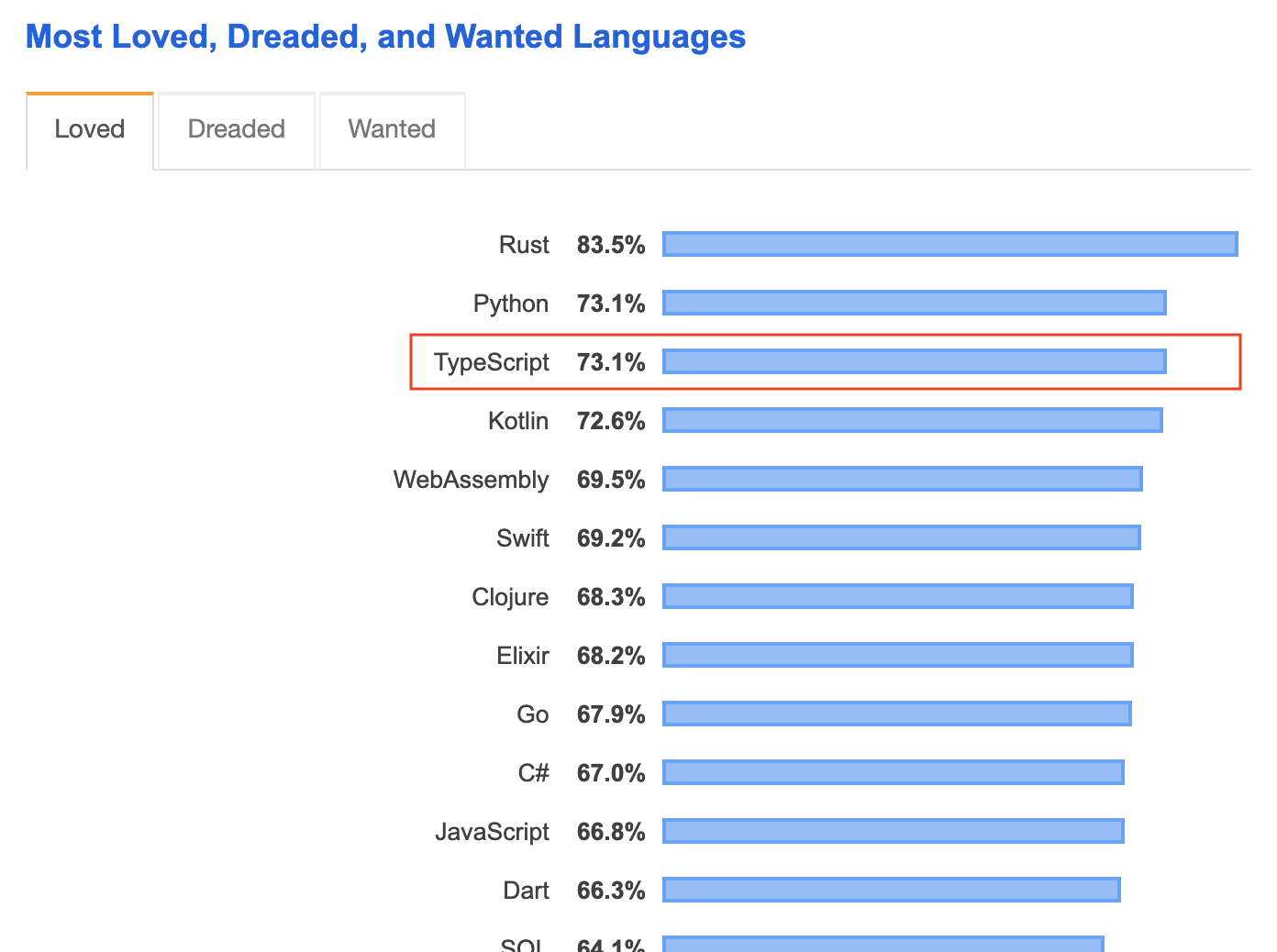
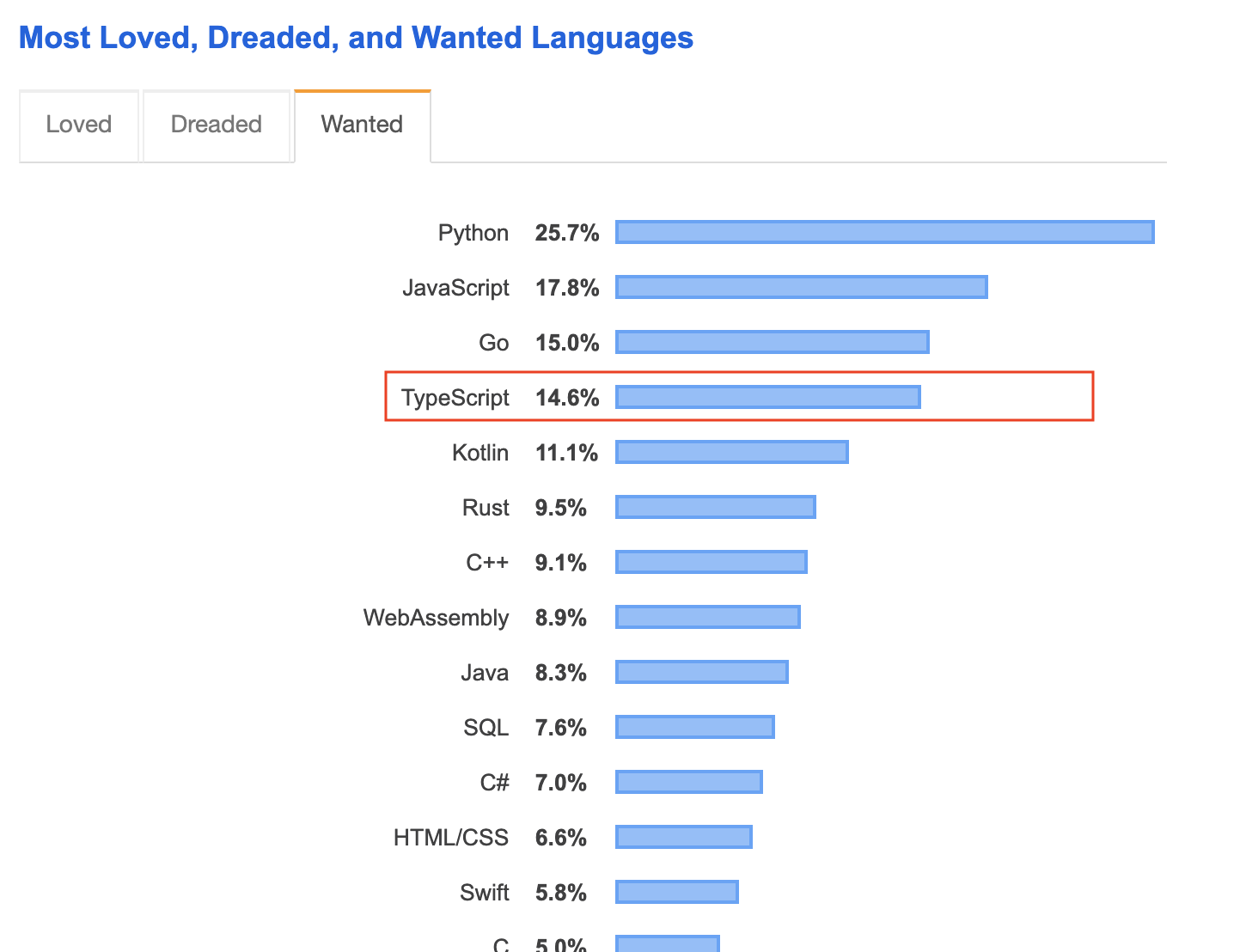

Hadrien Milano
Software Engineer, UI










Focus of this talk

Foundations
Types + JavaScript = TypeScript
JS with types
Type aliases
Object types
Operators
Intersection (mixins)
Trick #1
Safe html strings.
Trick #1½
Union
Trick #2
Type narrowing
Trick #3
Exhaustive matching
Trick #3½
Exhaustive matching (without return type)
Bonus trick
Type-level error messages
Conditional types
A extends B ? Yes : No;
Conditional types
Conditional type inference

Let's get serious!
HTTP API definition
Not super TypeScript friendly...
What if...
Is this... magic?
No, it's TypeScript! (trick #5)
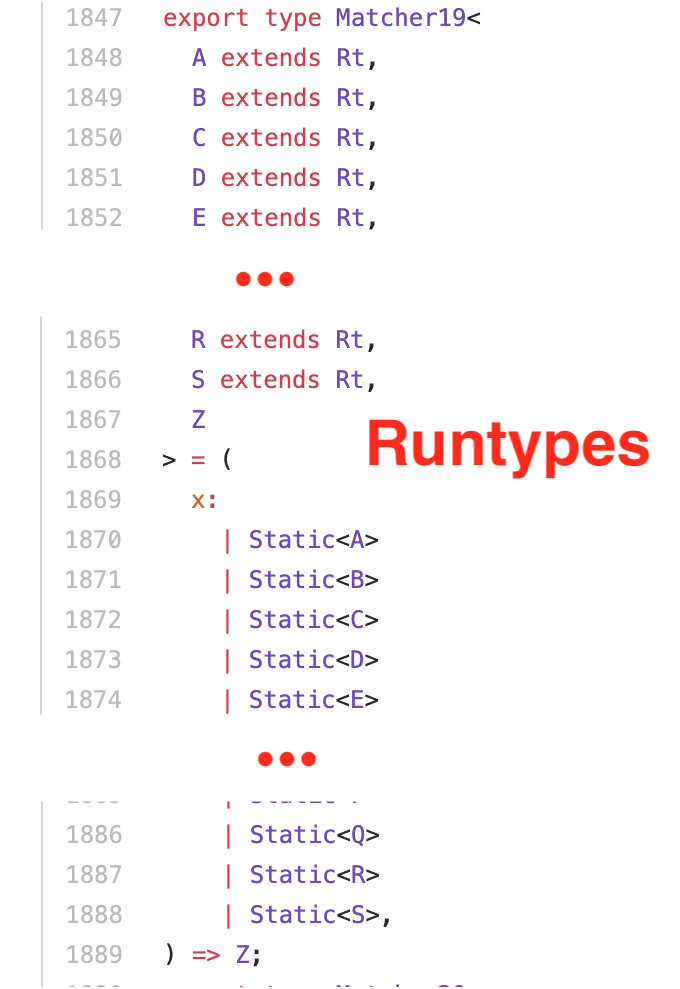

Hmmm...
Problem:
let Flatten = [A, B, C, ...] -> A | B | C | ...
First attempt
sub-problems:
- "Rest" of a tuple
- Recursive types
Rest of a tuple
Tuple utilities (trick #4)
Tuple flattening problems
- "Rest" of a tuple
- Recursive types
Recursive types
Trick #5: Recursive type
Putting it all together

More at https://github.com/hmil/rest.ts
TypeScript can do a lot...
But can it do everything?
What is everything?


What is everything?

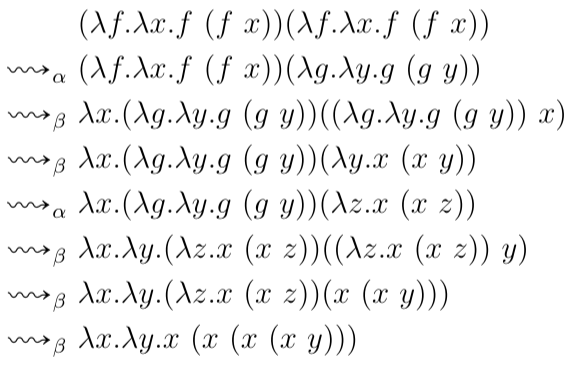
Is TypeScript Turing Complete?
Can it simulate a turing machine?
Can we implement lambda calculus in TypeScript?
[NSFW]
Do not try this at home work.
xvar xλx. <something>x => <something><something1> <something2><something1>(<something2>)Example
(λx. x) y
= y
(λx. x x) (λy. y y)
(λx=(λy. y y). x x)
= (λy. y y) (λy. y y)
Example
0 = λf. λx. x
1 = λf. λx. f x
2 = λf. λx. f (f x)
SUCC = λn. λf. λx. f ((n f) x)
SUCC 0 = (λn. λf. λx. f ((n f) x)) 0SUCC 0 = λf. λx. f ((0 f) x)SUCC 0 = λf. λx. f (((λf. λx. x) f) x)SUCC 0 = λf. λx. f (( λx. x) x)SUCC 0 = λf. λx. f xSUCC 0 = 1Basic model
ZERO = λf. λx. x
ONE = λf. λx. f x
TWO = λf. λx. f (f x)
Syntactic sugar
ZERO = λf. λx. x
ONE = λf. λx. f x
TWO = λf. λx. f (f x)
Reduction step
(λx. ... x ...) y -> ... y ...
Let's have fun
Church numerals (integers)
Boolean logic
We've implmented lambda-calculus in TypeScript
Therefore, TypeScript is Turing-Complete.
The end.
or is it?
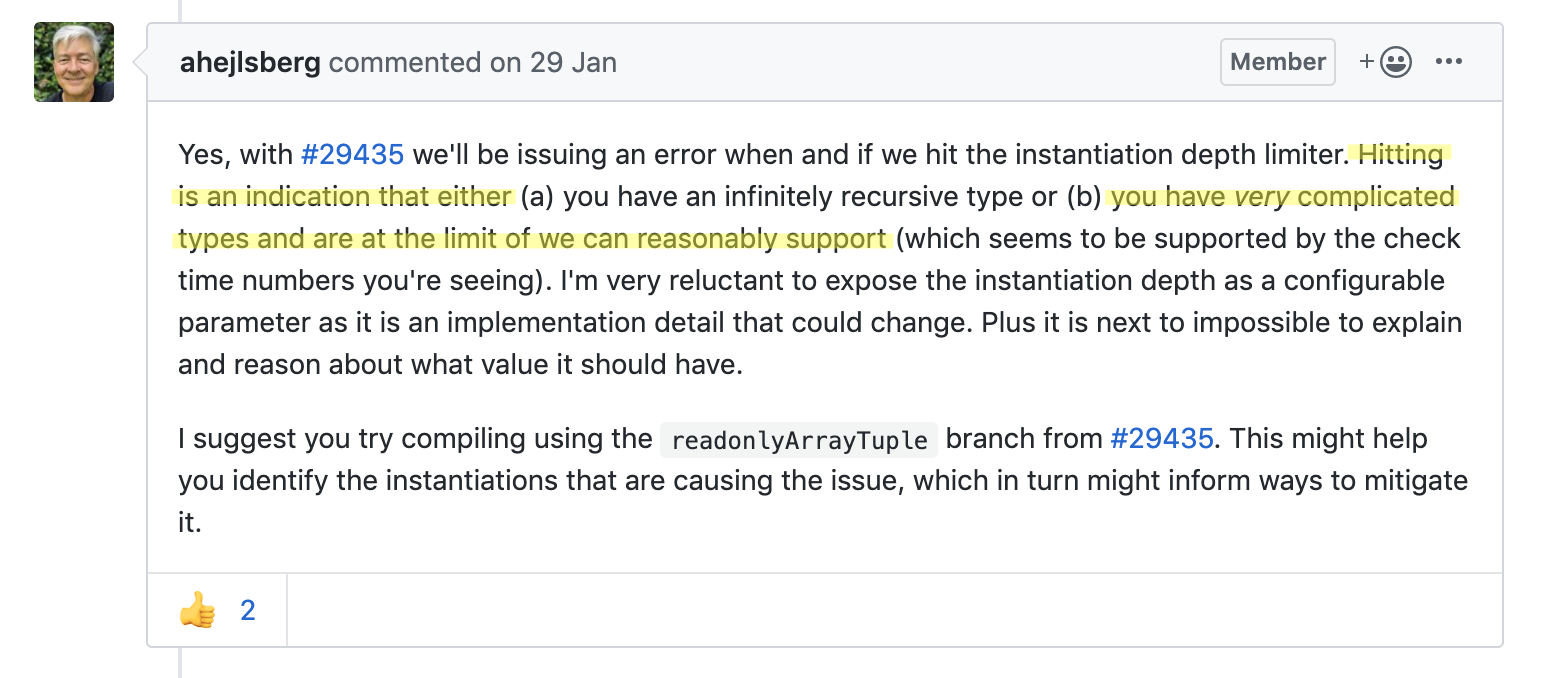
The end
Stay in touch
Thanks:



B-roll
Raw clips that didn't make it to the presentation.
Conditional type inference distributivity
Decorators
@(some expression which evalutates to a function)
class decorator
function MyDecorator(t: any) {
}
@MyDecorator
class MyClass {
}
or
function MyDecorator() {
return function(t: any) { }
}
@MyDecorator()
class MyClass {
}
class decorator
...or
function MyDecoratorOverkillFactory() {
return {
d: () => {
return function(t: any) { };
}
};
}
@MyDecoratorOverkillFactory().d()
class MyClass {
}
Tip: Restrict the scope of your decorator
Member decorator
Decorators can't change the type of the object they decorate...
...but they can verify it!
example:
Modelling library
Trick #xxx: Class constraint enforcement from decorator via type-level programing.
Trick #3
Type guards
 hmil
hmil HadrienMilano
HadrienMilano